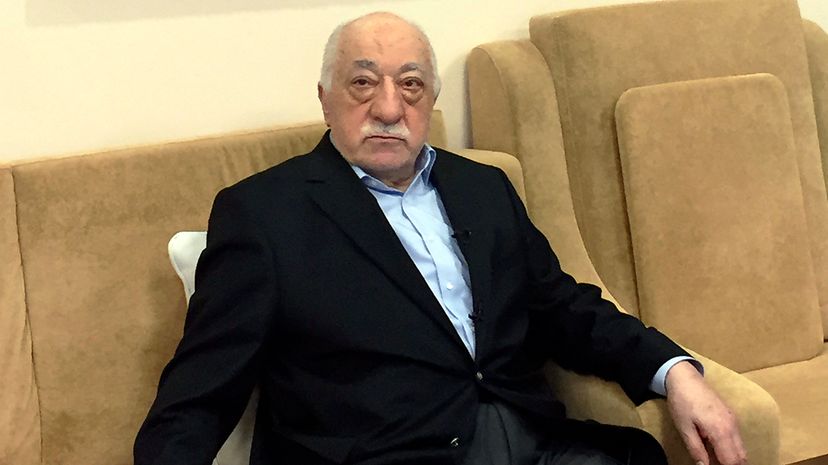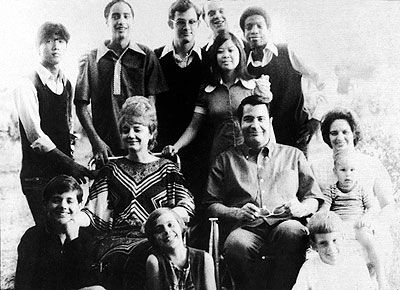
Current Turkish President Recep Tayyip Erdogan's rise to power has all the elements of a thrilling political drama: a successful coup orchestrated by dissidents within the police and government bureaucracy; an enthusiastic citizenry taking to the streets and a reclusive religious leader enraging the party in power from afar. Sexy stuff, indeed!
And somehow, this Turkish intrigue has ties to, of all things, the United States charter school system. That's right. Surprised? So were Stuff They Don't Want You To Know hosts Noel Brown and Ben Bowlin. That's why they invited the show's intern Sam Teegardin to sit in and explain his experience attending one of these schools with ties to what's called The Gulen Movement.
Advertisement
So back to Erdogan. He came to power in Turkey in 2010, helped along by a moderate U.S.-based Islamic cleric named Fethullah Gulen living in exile in Pennsylvania. The movement, known in Turkey as "Hizmet" or service, runs schools and businesses around the world, including 120 charter schools in the United States that focus on STEM (science, technology, engineering, and math) curriculums. It's a tolerant Islamic movement that preaches values like education, interfaith dialogue, hard work and modesty as its highest principles.
The Gulen Movement is considered by many a civil movement, not a political party, but Gulen and Erdogan's AKP political party were once natural allies: They both wanted Islamic values represented in the government. Gulen followers helped bring down 300 military personnel by implicating them in an attempted 2003 coup, helping Erdogan grab even more power. But Gulen immediately began to vie for control of the state.
Followers of the Gulen Movement published an expose of corruption within Erdogan's government, threatening his position with another failed coup, but instead of fighting the bribery charges leveled against him, Erdogan claimed it was a treasonous plot to seize power by the Gulenists. Erdogan exhorted the citizens to take to the streets in support of his government, and they did.
An ongoing purge suppressed Gulen-affiliated institutions, newspapers, businesses and schools, and all suspected Gulen followers were forced out of their jobs, effectively squashing all the influence the civil movement had gained. The charges against Erdogan were dropped, and he has more power than ever.
But the Gulen Movement is not dead: It has an estimated 1 to 8 million followers worldwide. As mentioned earlier, the 120 U.S. charter schools run by the Gulen Movement focus on math, science and appreciation for Turkish culture, and even provide trips to Turkey for the students. It offers free education to the poor, promotes charity and good works, and in Western countries like the United States, Germany and France teachers stress no religion in the classroom.
On its face, everything seems on the up-and-up. But there is trouble behind the façade: Even in locations where teacher unemployment is high, Gulen schools pay to bring teachers over from Turkey; Gulen-affiliated contractors are awarded high-dollar jobs; and teachers are forced to kick back part of their salaries to the movement. These shady financials are a real concern, since charter schools get millions of dollars of taxpayer money to operate.
The movement also has been called cult-like. Its vast web of followers loyal to the cause — even graduates of its schools — have been known to infiltrate civil bureaucracies and operate businesses, furthering the Gulenists' reach.
To find out what it's like to attend one of Gulen's U.S. charter schools from a student who was educated in one, and to see whether Matt, Noel and Sam think the Gulen Movement is a cult or the "most encouraging face of Islam today" you'll have to listen to the rest of the podcast.
Advertisement


